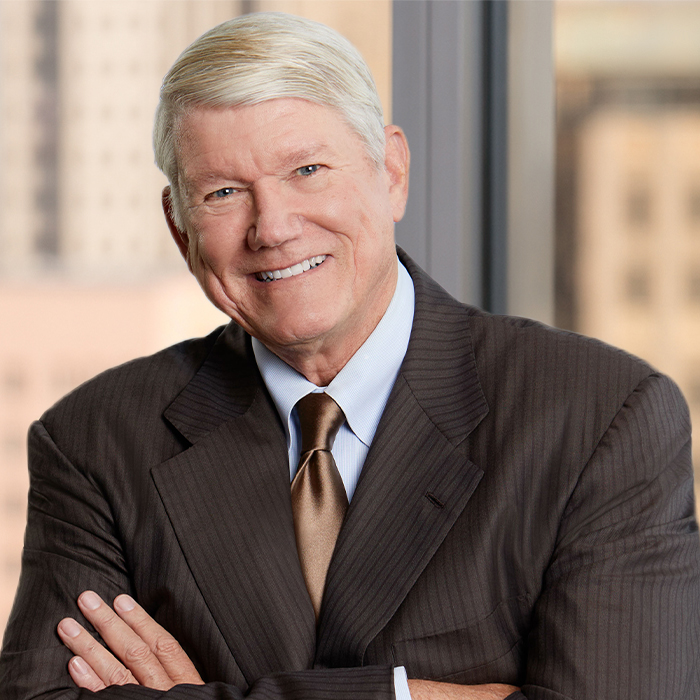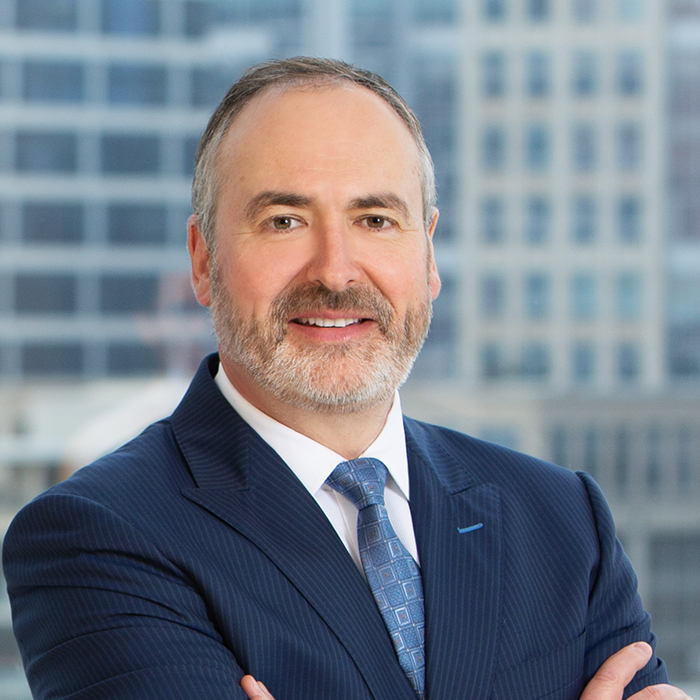In October, the Second Circuit affirmed a March 5, 2015, summary judgment ruling in favor of Oprah Winfrey, company Harpo Productions Inc., and the Hearst Corp. regarding their use of the phrase “Own Your Power.”
Plaintiff Simone Kelly-Brown, a life coach and motivational speaker, had federally registered a “design format mark” that depicted the phrase “Own Your Power” in a stylized light-blue script). In 2011, Kelly-Brown and her company filed a trademark infringement lawsuit complaining about the Defendants’ use of the phrase “Own Your Power” on the cover of an issue of O, The Oprah Magazine and in related events, publications, and social media.
The trial court initially granted the Defendants’ Motion to Dismiss on the ground that their use of the mark was fair use as a matter of law, but the Second Circuit, in 2013, vacated and remanded that ruling. After discovery closed the Defendants moved for summary judgment, which the trial court granted. The Second Circuit reviewed the judgment de novo and affirmed the trial court’s summary judgment order.
Distinctiveness of the Phrase “Own Your Power” Standing Alone
The Second Circuit agreed with the trial court’s determination that the phrase “own your power” standing alone is not distinctive and, correspondingly, lacks independent trademark protection. The circuit court found that assuming, arguendo, that the Plaintiffs could benefit from a rebuttable presumption (created by the federal registration) that “own your power” standing alone is a suggestive phrase, then the Defendants, with their extensive summary judgment evidence, rebutted that presumption. The appellate court specifically noted that the Defendants presented evidence that the Plaintiffs’ use of the phrase was merely descriptive of their services, and appeared particularly persuaded by evidence that the phrase “own your power” was frequently used by motivational speakers and writers, including, most notably, Oprah’s own use of the phrase during a 1993 commencement address.
After concluding that the phrase standing alone is not suggestive, the Second Circuit agreed with the trial court that the phrase had not acquired a secondary meaning, which means that the phrase had not become uniquely associated with the Plaintiffs’ products in the minds of consumers at the time of the Defendants’ alleged infringement.
However, these conclusions – that the phrase standing alone was not suggestive and that it had not acquired secondary meaning – did not end the appellate court’s inquiry. That is because the composite mark, consisting of a literal component combined with design elements, may yet be protectable even though the literal component is not, on its own, distinctive. The Second Circuit went on to explain that the trial court had not analyzed whether the visual representation (the light-blue script) of the otherwise unprotected literal element merited protection.
Likelihood of Confusion
In the end, the Second Circuit said it did not need to reach the question of whether the Plaintiffs have a protectable composite mark because the Plaintiffs do not appear to make the (unmeritorious) contention that “they could succeed in showing any likelihood of confusion between their composite mark (containing an unprotected phrase represented in a particular visual format) and the Defendants’ use of the phrase, standing alone.” As it was uncontested that the Defendant’s use of the mark was similar only to the literal (unprotected) component of the Plaintiffs’ mark, the Plaintiffs’ lack of protection in the literal component would be dispositive of the issues of the strength of the mark and the similarity of the marks. And were this not enough, the Second Circuit wrote, “it is certainly enough in light of the Plaintiffs’ minimal evidence of actual confusion … and the Defendants’ three largely unchallenged surveys…”
The case is Simone Kelly-Brown et al. v. Oprah Winfrey et al., case number 15-697, in the U.S. Court of Appeals for the Second Circuit.
Ms. Winfrey and the other defendants were represented by Jackson Walker partners Charles (Chip) Babcock, Nancy W. Hamilton, Carl Butzer, and Amanda Zimmerman, as well as Jonathan Donnellan and Ravi Sitwala of the Hearst Corp.
Meet Our Team
Chip Babcock is a nationally acclaimed First Amendment, commercial, and intellectual property trial and appellate attorney with more than 30 years of experience. He has represented many household names, including Oprah Winfrey and Dr. Phil.
Nancy Hamilton is a frequent writer and lecturer on trial tactics and media law and has appeared in numerous federal and state courts on behalf of such clients as CNN and CBS, Inc.
Carl Butzer is a nationally recognized for his experience in trademark and copyright litigation, and is the Chair of Jackson Walker’s Dallas Office Intellectual Property Group and the firm’s E-Discovery Practice.
Amanda Zimmerman is a partner in Jackson Walker’s Houston office specializing in labor and employment practice with additional experience in trademark infringement and successfully arguing on behalf of media and entertainment clients under the Texas Citizens Participation Act (the Texas anti-SLAPP statute).


